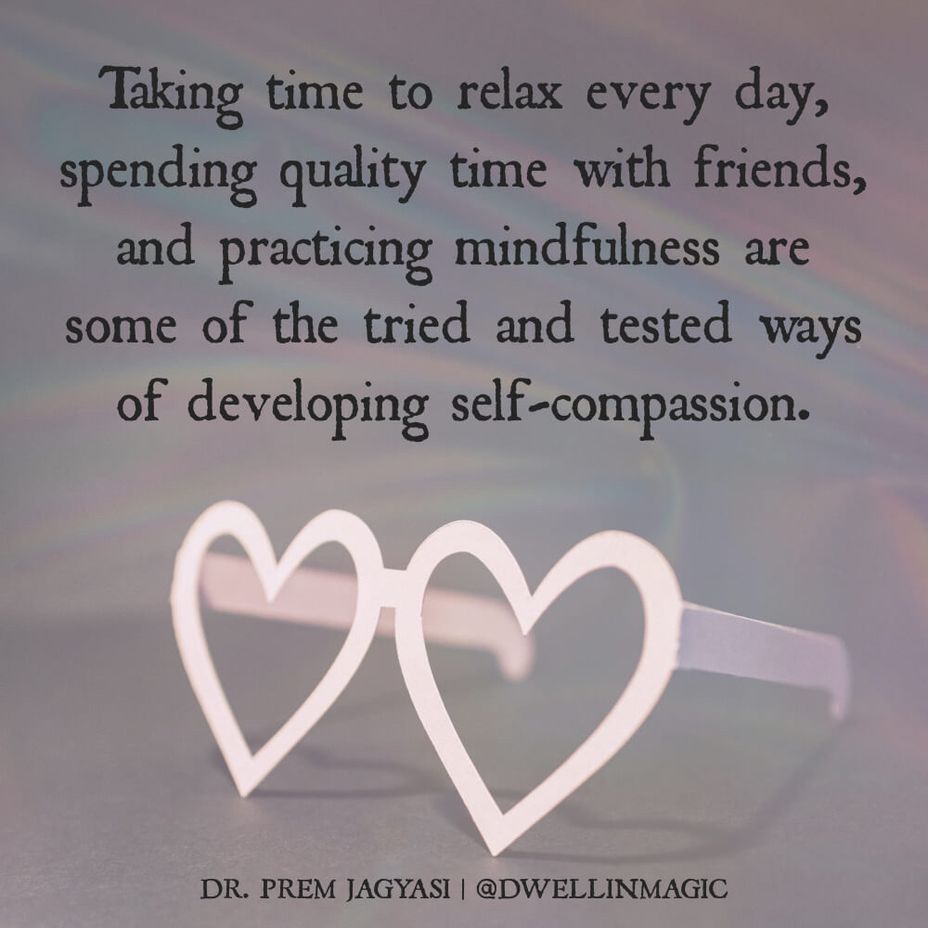Patience - The attitude of understanding that things happen in their own time, including our own experiences.
The importance of patience is also a way to accept the present moment without resistance.
Patience is a form of wisdom.
I would like you to think about where in your life, and in your mental health, that you can apply Patience.
And, as always, to help You even more- Let’s have a convo about this topic by commenting below 👇
Jay Shetty sat down with Alicia Keys on one of the most critical podcasts for us, his (free) podcast called “On Purpose” which is the worlds’ #1 Mental Health podcast.
Side Note: Before he became an award-winning podcast host, Jay Shetty has been a great teacher and guide throughout my journey to mental wellness.
In this conversation/episode called “5 Ways To Overcome Self Doubt & Build Confidence Within, Nov 11, 2024;
Jay Shetty asks Alicia Keys:
“What was the work you had to do in order to go from someone who was anxious, doubtful to become someone who manifested this beautiful, incredible full life?
What was the work in the beginning stages that you had to reorient your mind?”
To this, Alicia Keys says: (who by the way Also lives a life with intention/on purpose with Mindfulness)
“I think one of the things that I had to come to terms with is that pretty much nothing is going to come in the time frame that you think is going to come.”
“And I realized, wait, you know, as hard as I try to push the thing forward, when it's time, it's time. And if it's not time, it doesn’t matter what I do. It doesn't matter how much sleep I don't get.
It's not going to be time until it's time. And so I think that that steadiness of like kind of, you just have to put one foot in front of the other is just as simple as that.”
“And so I discovered that that is how we get where we're going.
Like this increment of small, ***determined*** moments.”
And, she also advises “Have Grace with yourself. It’s alright. You are doing your best and you're going to figure out the rhythm of this thing. Have some grace.
And we can start again and try again and it’s ok.”
Let’s recap the attitudes of our healthiest mental state that I have covered so far in this group: Beginner’s Mind, Acceptance, Non-Judgment, and now too, Patience.
#MentalHealth #Mindfulness #Relationships #FamilyAndFriends #Depression #Anxiety #MajorDepressiveDisorder #PersistentDepressiveDisorder #GeneralizedAnxietyDisorder #SocialAnxiety #ChronicFatigue #ChronicFatigueSyndrome #MyalgicEncephalomyelitis #ChronicIllness #BingeEatingDisorder #EatingDisorders #MoodDisorders #MotorDisorders #BipolarDisorder #BipolarDepression #Agoraphobia #BorderlinePersonalityDisorder #ChronicPain #AutismSpectrumDisorder #Migraine #Selfcare #Selfharm #Grief #SuicidalIdeation #SuicidalThoughts #SuicideAttemptSurvivors #Suicide #ComplexPosttraumaticStressDisorder #PTSD #PostTraumaticStressDisorder #Trauma #Caregiving #IfYouFeelHopeless #Fibromyalgia #AutonomicDysfunction #PosturalOrthostaticTachycardiaSyndrome #CrohnsDisease #CerebralPalsy #Addiction #Disability #ADHD






